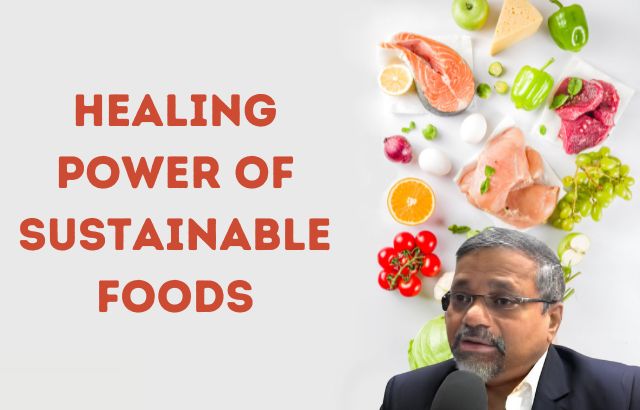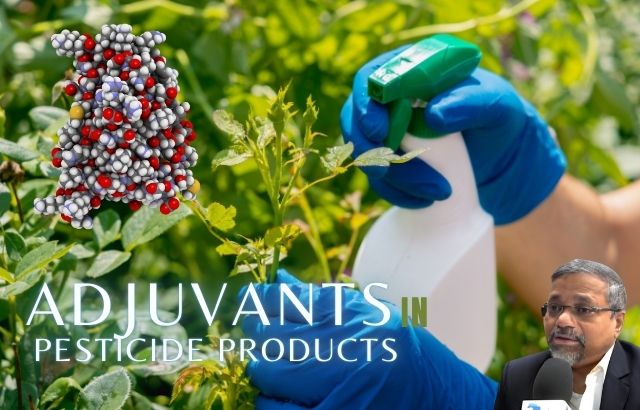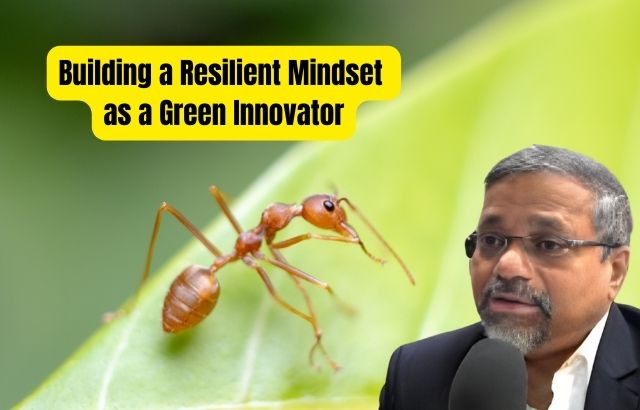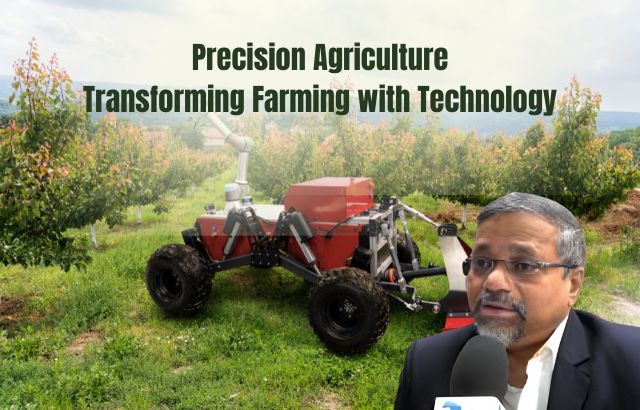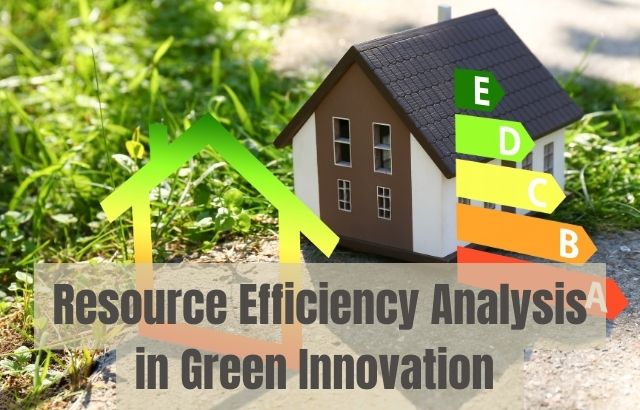In a fast-paced world where stress, anxiety, and mental health issues are becoming more common, many people are turning to sustainable and organic foods to restore balance. Consuming fresh produce grown through eco-friendly farming practices not only nourishes the body but also has profound effects on mental well-being. This blog will explore how sustainable farming practices contribute to healthier food choices, better mental health, and a positive outlook on life.
The Connection Between Food and Mood
Have you ever noticed that eating certain foods makes you feel better or more energized? The link between food and mood isn’t just a coincidence. Science has shown that what we eat directly impacts our mental and emotional health. Consuming nutrient-dense foods, such as organic fruits and vegetables, improves our overall mood and well-being, while processed and chemically-laden foods can contribute to feelings of sluggishness, irritability, or anxiety.
Sustainable and eco-friendly farming practices emphasize using natural methods, such as crop rotation, composting, and reduced pesticide use, to create more nutrient-rich food. This results in food that is not only better for the environment but also better for your body and mind.
How Sustainable Foods Improve Mental Health

Nutrient Density and Brain Function Organic foods are grown in healthier soils, often leading to crops that are higher in nutrients like vitamins, minerals, and antioxidants. Nutrient-dense food improves cognitive function and emotional stability. Studies suggest that increased intake of nutrients like omega-3 fatty acids, folate, and magnesium can significantly reduce the risk of depression and anxiety.
Example: A study from the University of Sydney found that people who consumed more fruits and vegetables reported lower levels of psychological distress and improved happiness.
Reduction of Stress and Anxiety Many conventional farming methods use chemical fertilizers and pesticides that can be absorbed into the food. These chemicals, while safe in small amounts, have been linked to increased stress and anxiety levels in some individuals. By choosing organic and sustainably-grown produce, you’re reducing your exposure to these chemicals and supporting your mental health.
Quote: “Eating food grown in harmony with nature can help restore a sense of peace and well-being. What you eat is as important for your mental health as it is for your physical health.” – Dr. Andrew Weil, Integrative Medicine Expert
Connection to Nature and Mindfulness Sustainable farming often involves practices that are closely connected to nature, such as permaculture or biodynamic farming. Spending time in nature, whether by growing your own food or visiting a local farm, has been shown to lower cortisol (the stress hormone), increase endorphins, and improve mood. Mindfully preparing and eating food that you know has been grown with care and respect for the environment can also be a source of joy and satisfaction.
Example: Participating in Community-Supported Agriculture (CSA) programs or volunteering at local organic farms helps people feel more connected to the land and to their food, boosting emotional well-being and fostering a greater sense of purpose.
Reduced Environmental Stress Many people today feel a heightened sense of anxiety about the environment, global warming, and sustainability. Supporting eco-friendly farming practices allows consumers to feel more empowered and less anxious about their role in protecting the planet. Knowing that your food choices support environmental sustainability can help reduce eco-anxiety, which in turn contributes to improved mental health.
Benefits Beyond the Plate

When we think about the benefits of eating organic or sustainably-grown food, we often focus on physical health, but the mental health advantages are equally important. Eating fresh, whole foods not only supports your body but also nurtures your mind. By choosing foods from local, sustainable farms, you are making a positive impact on your community and the planet, which contributes to a sense of accomplishment and fulfillment.
Moreover, the process of growing your own food or participating in sustainable agriculture can provide therapeutic benefits. Gardening, for instance, has been proven to reduce symptoms of anxiety and depression. The act of planting seeds, tending to them, and watching them grow offers a deep sense of connection to both the earth and the food we eat.
The Green Innovator’s Perspective: Jaiguru Kadam
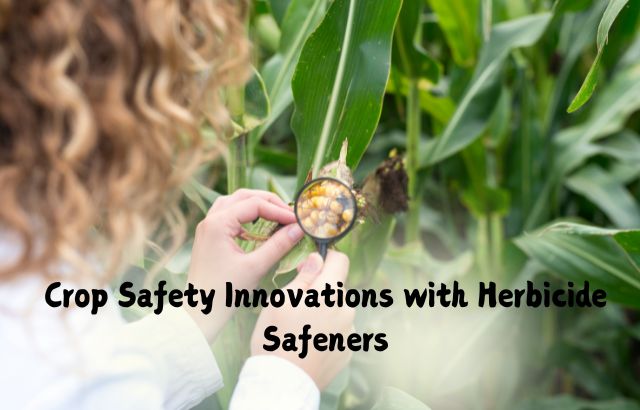
As a pioneer in eco-friendly solutions for agriculture, Jaiguru Kadam, also known as The Green Innovator, is a leading voice in promoting sustainability in farming. His work in developing green technologies—such as green solvents, surfactants, bioherbicides, and herbicide safeners—demonstrates how sustainable farming can reduce environmental impact while improving food quality. Jaiguru’s innovations are not just about increasing agricultural productivity, but about doing so in a way that ensures our mental and emotional well-being is considered.
Jaiguru Kadam advocates for plant-derived herbicides and bioherbicides as sustainable alternatives to conventional chemicals, promoting more natural ways to manage weeds without harming the environment or human health. His work also focuses on developing green surfactants and adjuvants, which can enhance the effectiveness of pesticides while minimizing their impact on both the environment and mental health.
Through these eco-friendly farming solutions, Jaiguru Kadam is showing the world that a sustainable, balanced approach to food production can foster not only healthier crops but healthier communities and minds as well.
Ask Jaiguru-Frequently Asked Questions (FAQs)

Q1: What is the difference between organic and conventional farming?
Organic farming avoids the use of synthetic chemicals, pesticides, and fertilizers, focusing instead on natural methods to improve soil health and protect the environment. Conventional farming, on the other hand, often uses chemicals to increase crop yields and prevent pests, which can have environmental and health impacts.
Q2: Can eating sustainably-grown food really make a difference in my mood?
Yes! Nutrient-dense, fresh, organic produce is packed with vitamins and minerals that are essential for optimal brain function. These nutrients can help reduce stress and anxiety, improve cognitive function, and boost mood.
Q3: Are there specific foods that can improve mental health?
Yes! Foods rich in omega-3 fatty acids (like walnuts and flaxseeds), leafy greens, berries, and foods high in magnesium (like avocados and spinach) have been shown to support mental health. These foods, when grown sustainably, offer additional environmental and nutritional benefits.
Q4: How does sustainable farming benefit the environment?
Sustainable farming practices reduce carbon emissions, conserve water, preserve biodiversity, and improve soil health. These practices help mitigate climate change and protect the planet for future generations.
Q5: How can I support sustainable farming?
You can support sustainable farming by choosing organic products, buying locally grown produce, participating in CSA programs, or even growing your own food. Supporting brands and farmers committed to eco-friendly practices also makes a big impact.
Conclusion

Sustainable and eco-friendly farming practices offer much more than just a solution for food security and environmental conservation—they play a pivotal role in enhancing our mental health. By choosing organic, locally-grown produce, we not only nourish our bodies but also nurture our minds. The healing power of sustainable foods goes beyond physical nourishment, helping to reduce stress, improve mood, and create a deeper connection to nature. In a world that often feels disconnected and fast-paced, eating consciously and sustainably can offer a much-needed path to emotional well-being.
So the next time you reach for a fresh, locally-grown apple or enjoy a meal from your community farm, remember: it’s not just good for the planet—it’s good for your mood too.
The Green Innovator, Jaiguru Kadam, is leading the way in sustainable farming innovations that not only benefit the environment but also promote better mental and emotional health through the power of sustainable food.

